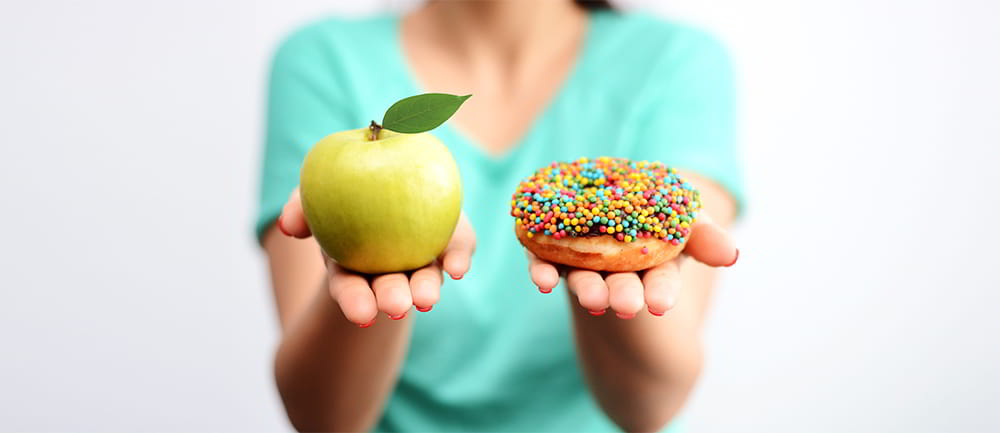Sugary sweets and fizzy drinks galore while you binge through Netflix? Take a deep-dive into what you’ve been doing to your dental health throughout UK lockdown
It is 11 weeks on from the strict enforcement of COVID-19 lockdown regulations back in March 23rd. The last thing you’re probably thinking about is your teeth. Well, it might be something to consider. Lockdown has almost certainly taken its toll on the health and wellbeing of your teeth in several ways.
As of June 2nd, the lockdown has begun to ease slightly here in England. People can spend a lot more time outside with up to six people at a safe 2-metre distance. Also, few children are being allowed to return to primary schools and some workers are being able to return too.
Why seeing your dentist is so important
Dental practices have also been allowed to reopen to the public as of the June 8th. Albeit, strict protocols and measures are being put into place to prevent and safeguard patients and professionals from the further spread and another peak of the virus. With dental surgeries forced to close prior this, during the peak of lockdown, this put a lot of patients on edge about their dental health. Without the possibility of routine examinations or regular professional cleaning, patients were panicked that something bad could happen to their teeth.
While emergency appointments were still available from some special NHS clinics (our clinics were used for this purpose), these were few and far between, kept to an absolute minimum and were accepted on a case-by-case basis. This was all to protect communities during a dangerous period, but it also left people feeling anxious – and rightfully so!
Seeing your dentist is an incredibly important part of your oral hygiene routine. You don’t have to see your dentist every day, but coming in to see your dentist for a routine consultation once every 6 months is typically expectable. Unfortunately, many patients weren’t able to adhere to this due to clinic closures, so all they could do was wait out the lockdown.
What most patients underestimate about a routine appointment is that your dentist can often see issues that you may not realise could be detrimental to your dental health. For example, signs of gum disease may not always be as prominent as other cases and could require a dentist to detect it through an xray or other methods.
Junk food and dental health
To get through the endless days of isolation, many people have turned to junk food and fizzy drinks. This is not only damaging our bodies in general but the risks we’re taking are affecting our teeth too – especially with the limited availability of dentist appointments. Whether being greedy with sugary treats or fizzy pop, all of these are incredibly damaging to your oral health, so we’ll talk a bit about what exactly you’ve been doing to your pearly whites during the lockdown.
Sugar is the archenemy of your teeth…well, technically. What makes your teeth suffer after adding sugar into the equation are the events that occur after. Those events cause tooth decay and simply cause your teeth to slowly rot away. After you’ve eating sugar, certain types of harmful, naturally occurring bacteria ingest this.
From this, the bacteria will begin to produce a type of acid which will begin a phase known as an ‘acid attack’. This might sound concerning considering sugar can be found in many different foods no matter how healthy or unhealthy, but our bodies are well equipped for dealing with this. As we produce saliva in the mouth, the minerals in the saliva will help towards protecting and replacing the lost minerals of the enamel (also essentially aided by the minerals found in toothpaste).
Our concern is that with the increase in free time and sunny days during England’s lockdown, we will start to care less about what we’re eating. Making sure you are brushing your teeth regularly, twice a day are sure ways of keeping your teeth healthy, but avoiding high sugar foods is key for preventing tooth decay and inevitable cavities.
Unsure about your dental health? Call your nearest Synergy Dental Clinic and we’ll be happy to

